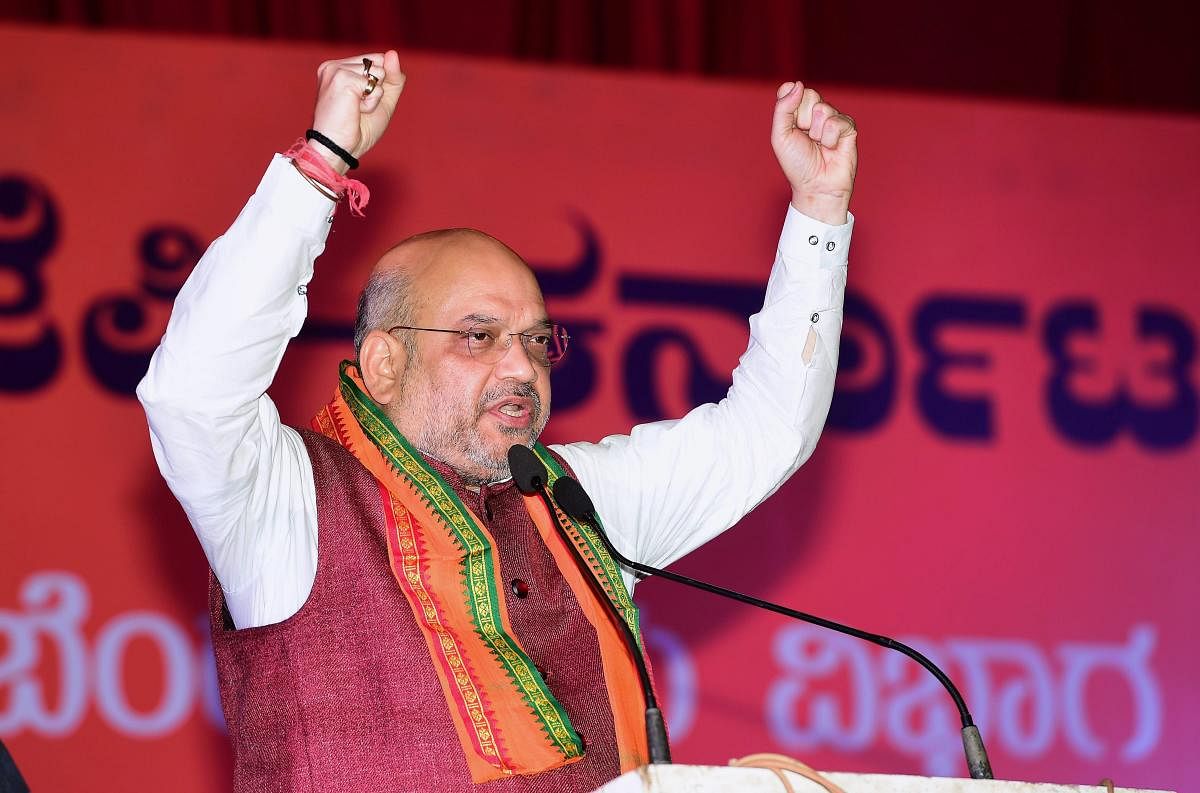
The acquittal of all the 22 accused persons in the 2005 Sohrabuddin Sheikh encounter case is not just an instance of failure of justice. It is a case of systematic and deliberate undermining of the system of justice though cover-up, destruction of evidence, bad investigation, influencing of witnesses, violation of rules and procedures and other wrong ways and methods. The special CBI court judge S J Sharma did not deny that Sohrabuddin Sheikh, his wife Kausarbi and an associate Prajapati were killed. But he said that the evidence presented by the CBI and the circumstances and the documents presented to the court were not enough to prove the charges. As many as 92 of 210 prosecution witnesses, including three whose evidence was crucial, turned hostile during trial. The judge has blamed the witnesses, but the responsibility for sabotaging the case should lie elsewhere.
BJP president Amit Shah, who was the minister of state for home in Gujarat when the encounter took place, and some senior police officers of the state were among the 38 accused in the case. Sixteen of them, including Shah and a senior officer Vanzara, were discharged from the case even before the trial started. This had become controversial and was a sign of what would happen to the case later. The case has taken many twists and turns in 12 years. The shifting of the trial to Mumbai did not help. At every stage it was marked by controversy. Investigating agencies and officers were changed many times. Judges who heard the case were transferred and one of them died in mysterious circumstances. The investigation of the Gujarat police was shoddy. Even after the Supreme Court’s intervention in the case, evidence went missing. Case documents and records were destroyed. Records of telephone conversations between Amit Shah and two senior officers including Vanzara, and between police officers, which were relevant to case, were lost. By the time the CBI took over the case a lot of evidence had disappeared.
The CBI investigation also turned low-key after 2014, when the BJP came to power at the Centre. It was clear that the agency had lost interest. It did not appeal the decision to acquit Amit Shah from the case. It has not said that it would appeal the final judgment. It did not do anything to protect the witnesses. The outcome of the case is not surprising in these circumstances. But it has again raised serious questions about the investigation and prosecution of cases in which powerful persons are involved. Vanzara now openly says Sohrabuddin was killed as a pre-emptive measure. There is no law for that.